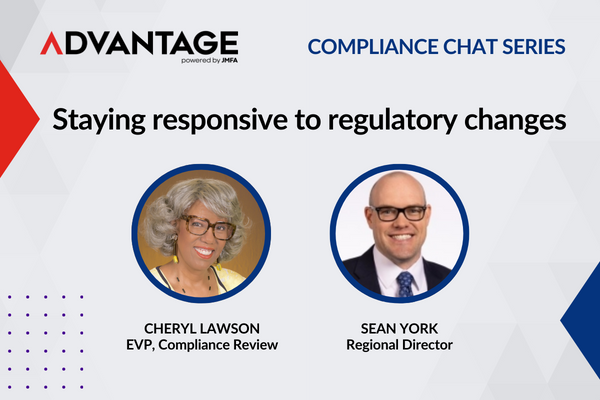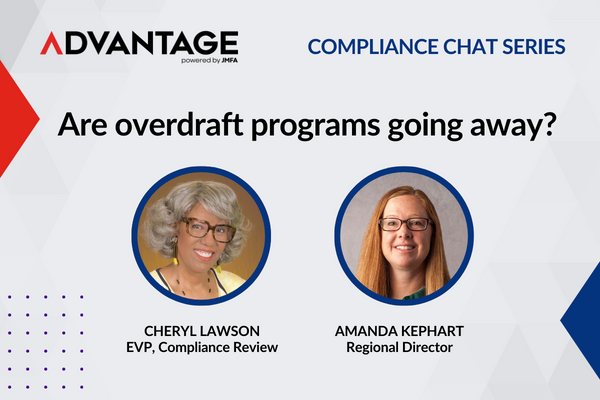
Top Three Digital Transformation Challenges
Categories:
Solutions that will take your digital journey — and budget — forward
Just as upgrading financial technology has become a greater priority, inflation, shrinking margins and reduced deposits have slowed or stalled the implementation of new digital capabilities.
Typically, there are 3 major obstacles standing in the way of community financial institutions’ digital transformation progress:
- Core data processing compatibility issues
- Resource constraints
- Unfavorable vendor contract pricing
Financial institutions must meet today’s consumer expectations, stay relevant, and keep pace with new technology. In order to move forward strategically, these challenges need to be addressed with practical and effective solutions.
Challenge 1: Does your core data processor meet your future tech needs?
Many core processing platforms are being phased out. Now many credit unions and banks, for the first time in decades, have the monumental task of finding and migrating to a new solution. It can be a long transition that takes time and energy away from day-to-day operations. And it locks the financial institution into a provider for several years.
Ensuring that a new core is compatible with technologies you have or may want to implement in the future is essential. Is your core equipped with modern Application Programming Interfaces (APIs) familiar to developers? Can you add the applications that best match consumer needs? Or is your core processor out of step with modern technology?
Solution: An expert in the field of banking technologies can answer these questions, improve your API strategy and address compatibility issues before you sign a vendor contract. Getting locked into an unsuitable core provider means getting locked out of valuable growth opportunities for years to come.
Challenge 2: Are resource constraints delaying important projects?
Whether it’s time, money or staffing — many community banks and credit unions are at their limits.
The Great Resignation saw record quit rates in 2021. Being understaffed leads to putting projects on hold that could immediately impact the bottom line. As budgets remain tight, it often leads to hiring difficulties and missed opportunities. And the cycle continues, leaving limited resources for your digital transformation projects.
Solution: Accomplishing all of your important projects in-house — while under time, staffing and budget crunches — is not feasible for many smaller community financial institutions. Partnering with a trusted industry expert can help eliminate the resource bottlenecks holding you back. With outside objectivity, a hands-on approach, and direct experience, the additional support can give your digital projects the necessary time and energy, enabling your team to continue their day-to-day work.
Challenge 3: Are your vendor agreements holding you back?
Equally pressing is ensuring vendor contracts — like card processing, card branding, core processing and mobile banking, to name a few — provide competitive pricing and all the services necessary to attract and retain account holders. Whether directly or indirectly, most of these contracts affect your digital transformation.
For community financial institutions, it’s often a case of “you don’t know what you don’t know” Specific contract terms and rising interchange fees are costing financial institutions more than they realize. Also pricing can greatly exceed what your competition pays simply because the contract wasn’t negotiated astutely — or at all. In too many situations, you could likely be overpaying your vendors. And that’s money that could otherwise be going directly into your digital budget!
Solution: An experienced contract negotiator with specialized knowledge of our industry’s vendor agreements can help secure 5, 6, or even 7-digit savings. In many cases, they can also get you the most beneficial terms, signing bonuses, and marketing credits for additional services.
The savings achieved through partnering with a professional negotiator far exceed the cost, and it requires little time and effort on the part of your staff. It makes optimizing your vendor contracts one of the fastest and easiest ways to find the necessary budget to help fund your digital transformation.
The value of an industry partner
Overcoming core compatibility issues, resource constraints, and unfavorable vendor contract terms will go a long way in getting you on track to achieve your digital transformation and growth goals. The key is to re-evaluate your tech stack with an expert. Here are a few probing questions to get started:
- Do we have the technology needed to attract and retain account holders in today’s digital-centric economy?
- Is our core processor helping or hindering our ability to keep pace with technology and consumer needs?
- Are our current vendors and contracts best positioning us for future growth?
- Are we getting the most value from our vendors?
- Are we overlooking opportunities to save money or enhance our services?
A consultant with niche expertise in technology strategies can help identify the most beneficial solutions for your unique goals and help you find the funds to implement the services to drive growth and satisfaction ratings.
For more insight into achieving the digital future your financial institution and consumers need, tune into the webinar, Uncover Hidden Treasure in Your Vendor Contracts.
ABOUT ADVANTAGE, powered by JMFA
With over 40 years of industry experience, ADVANTAGE is the most trusted name in financial services consulting for community banks and credit unions. By providing data-driven, consumer-focused recommendations, we devise win-win solutions that meet the ever-evolving needs of today’s financial institutions and consumers.
Whether it is helping to enhance your overdraft service, optimize your digital solutions or boost your account acquisitions, ADVANTAGE delivers custom consultation that mirrors the personalized service and community spirit that community banks and credit unions have always been known for.




